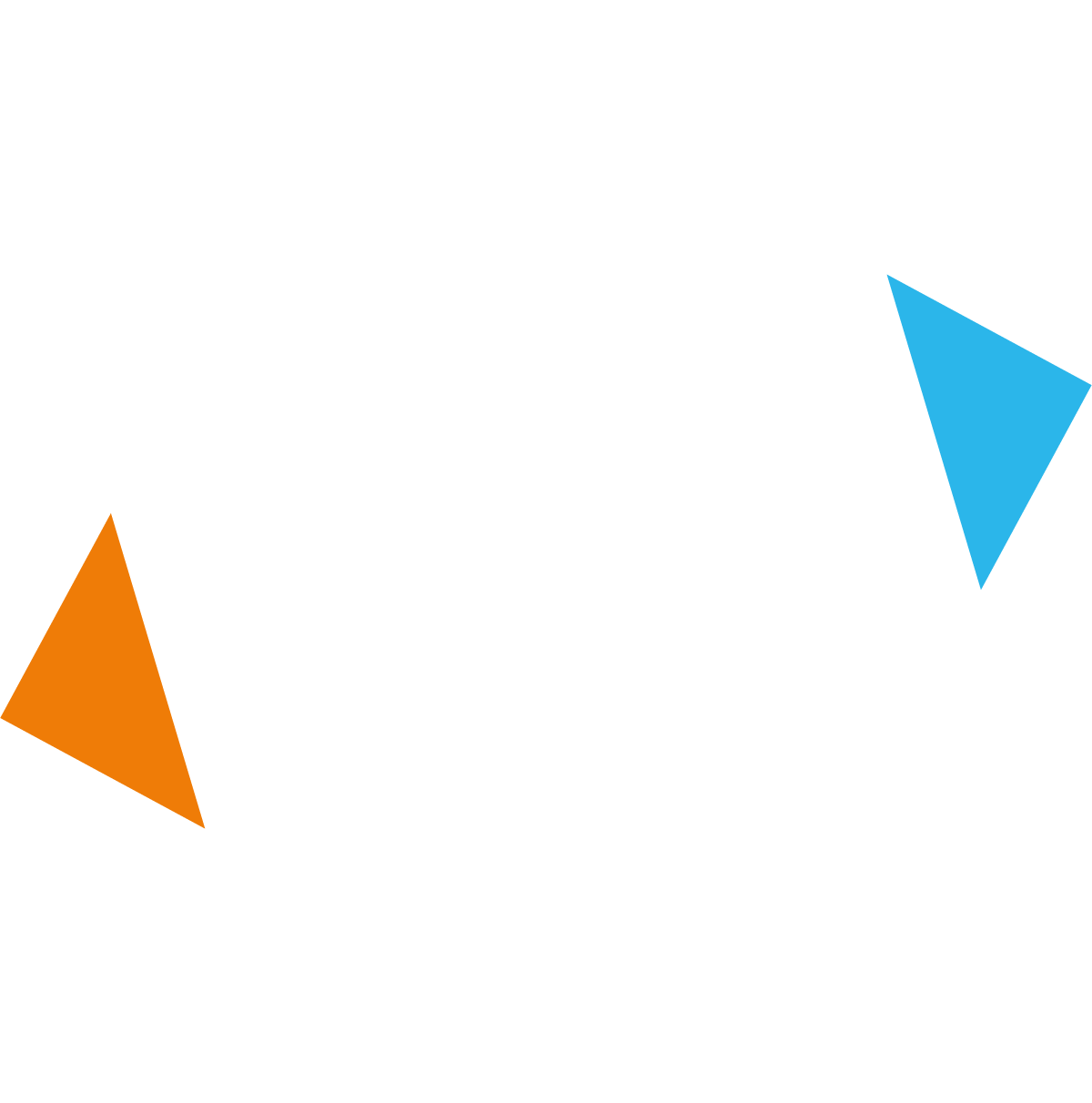Exhibition Opening Dates: 12 - 14 Nov 2024,
Cape Town International Convention Centre, Cape Town
AI for Africa
Artificial Intelligence transforming business and elevating economies
About the topic
It is estimated that by 2030, AI will add 15.7 trillion to the global digital economy. It will change the way people live and work through increasing productivity across sectors and transforming the way businesses operate.
For Africa, AI poses a unique opportunity to drive the shift to digital economies and empower the workforce. For a continent with 60% of its population under the age of 25, it is strategically positioned to play a part in the global digital revolution.
During the COVID 19 era, AI has come to the forefront as a means to combat unforeseen challenges & embrace innovation in aiding the fight to curb the spread of the disease and facilitate in the recovery.
AI for Africa aims to unite the key players in the ecosystem and understand how the continent can extract value from this technology, overcome challenges to its adoption and ultimately generate a positive impact for society.


The role of AI in Africa's fight against COVID 19
Looking at the role of AI in fighting Covid-19. In partnership with AI Business
- Examining how telcos and intergovernmental organisations have been partnering to gather user-generated data to examine transmission trends of the disease
- Provision of enhanced connectivity, healthcare, and social benefits to disease ‘hotspots’ identified with AI technology.
- Identifying the most important AI-driven projects in the battle against COVID.
Key sessions include:
Building an “AI First” Africa – how can AI be leveraged to drive the digital revolution across Africa?
AI Research centres: Exploring the impact of increasing investment in AI research centres across the continent. How can Ghana and Ethiopia’s AI research centers accelerate economic growth on the continent and facilitate the transition to a digital economy?
Data: How to overcome the challenge of lack of usable data across the continent which could be detrimental deploying accurate AI solutions?
Infrastructure: According to the government AI readiness index, Infrastructure is one of the key challenges to scaling of AI across Africa, how do we see this changing in the next few years?
- Policy: How can governments incentivise companies to promote the use of AI? Mauritius’ Artificial Intelligence Council & National SME Incubator Scheme as a case study.
Is the AI talent & Skills gap growing?
Context: Africa faces an enormous skill gap in AI and a lack of standardised data, worsened by a lack of uptake and investment. Over the past few years, the demand for these skills is estimated to have grown 75% but has this translated into more people acquiring them?
Upskilling: Addressing what kind of training programmes and investment is needed to upskill the youth across the continent
- Government role: What are some of the initiatives that governments should be putting in place, how will universities have to adapt?
Democratizing AI – How do we ensure we are building inclusive technology?
Context: Through 2022, 85% of AI projects are going to throw erroneous results because of bias in data algorithms. How do we make sure Africans are actually shaping the innovations that are going to be used in this space?
Data Colonialism: With the pace at which technology is developing, fears remain about how data is stored and used. How effective is data localisation as a means to prevent data colonialism?
- Regulation: What regulatory frameworks need to be put in place to govern responsible use of AI? Is there a need for the creation of African Data Protection laws similar to the EU General Data Protection Regulation?
Future of AI - Where to draw the line?
Context: South Africa has just approved the world’s first patent with an AI machine classified as the inventor, is this the pattern we are going to see as AI becomes smarter? To what extent can AI machines “create” and “invent”?
Ethics: There's a lot of questions around the future of AI and the potential it has to reflect the inherent biases in our society, do we think an "Ethical AI solution" can ever exist and if so what steps need to be taken to make progress towards it?
- Policy: Policy makers are emphasising the need for ethics by design, what does this mean and how will it impact the future of AI Research?

